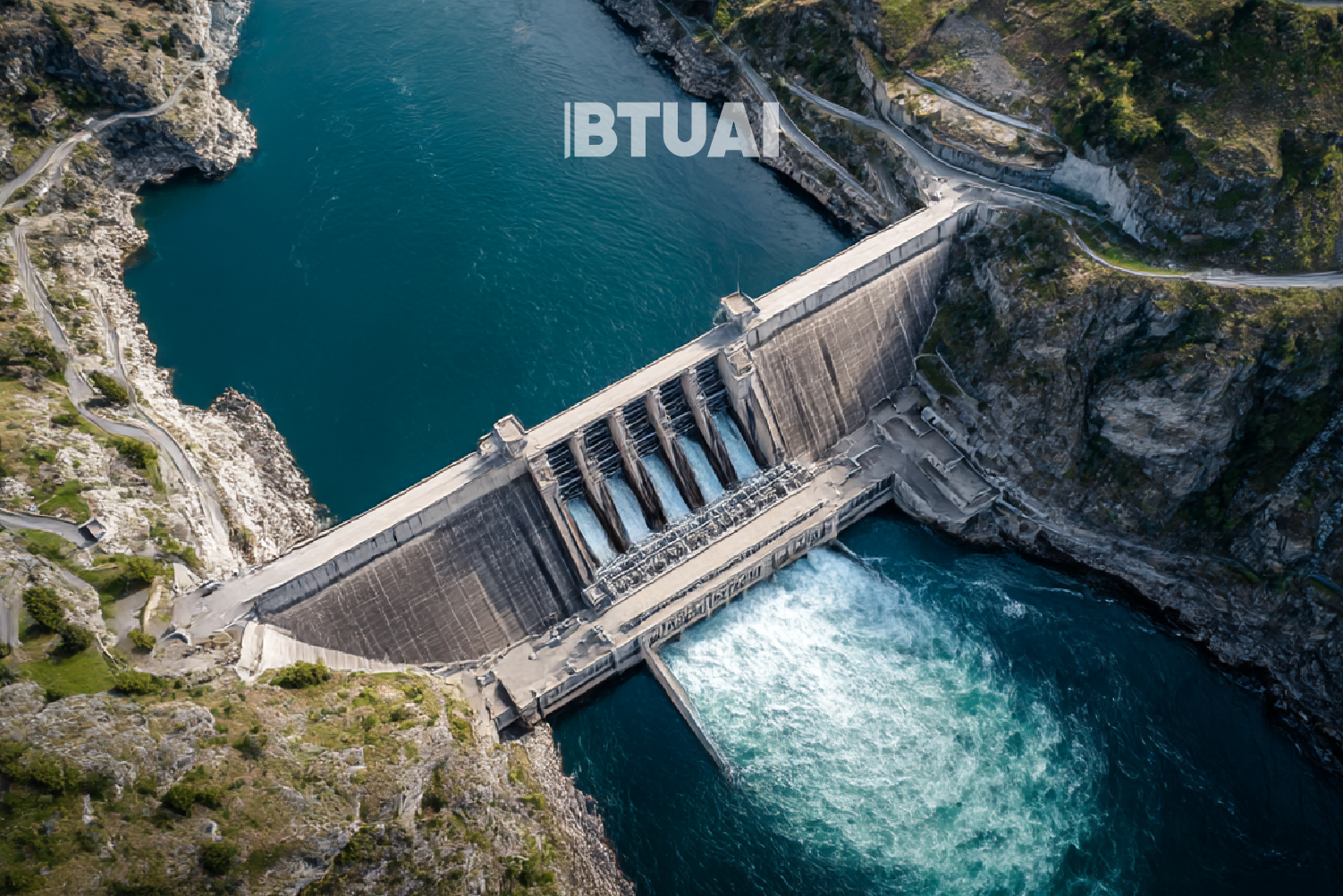What Hides Behind the Price of Rent in Tbilisi: The Invisible Burden of Utility Costs
When searching for a rental apartment in Tbilisi, one number always stands out — the monthly rent. Whether it’s

When searching for a rental apartment in Tbilisi, one number always stands out — the monthly rent. Whether it’s 1000 GEL, 1500, or listed in USD, it’s presented as the total cost. But something crucial is often left out: utility expenses. These include electricity, gas, water, internet, and building service fees — costs that are almost never mentioned in listings, yet can significantly raise a tenant’s monthly burden.
Local platforms acknowledge this practice openly. Korter.ge, for example, notes that utility fees are “usually not included” in the rent (source: korter.ge). Similarly, CBW advises renters to ask landlords in advance about utility costs, as these are almost always the tenant’s responsibility (source: cbw.ge).
Utility expenses vary depending on season, building type, and location, but resident experiences offer a realistic picture. Tbilisi locals report monthly electricity bills of 40–60 GEL, winter gas bills often exceeding 90 GEL, internet at around 50 GEL, and building fees of 30–50 GEL. Water and waste are relatively minor — 3–5 GEL. In short, tenants can expect to spend at least 150–200 GEL per month on top of rent, with winter costs often rising to 250–300 GEL (sources: reddit.com, expathub.ge).
When listings exclude these costs, renters can’t see the full picture. A 1000 GEL apartment may actually cost 1200 GEL or more per month. This gap is especially challenging for students, new arrivals, and budget-conscious tenants. Confusion deepens when key details — like energy efficiency, heating systems, or insulation — are rarely mentioned, though they significantly affect seasonal bills.
It’s also common for utility bills to remain in the landlord’s name, making it hard for tenants to verify consumption. And since tenants cover all utility expenses, landlords lack motivation to improve insulation or upgrade equipment. The result: unpredictable costs and little control.
Ultimately, this reflects a broader structural problem. When listings show only nominal rent, the true cost of living remains hidden. This obscures housing affordability, complicates financial planning, and increases risk.
A more transparent approach is possible. Landlords could indicate estimated monthly utility costs, or offer “semi-inclusive” models with defined limits. Platforms could also introduce rent calculators that estimate utilities by apartment type.
In a market where rent prices are rising, trust begins with what’s not easily seen — and in Tbilisi, that often means utility bills.




